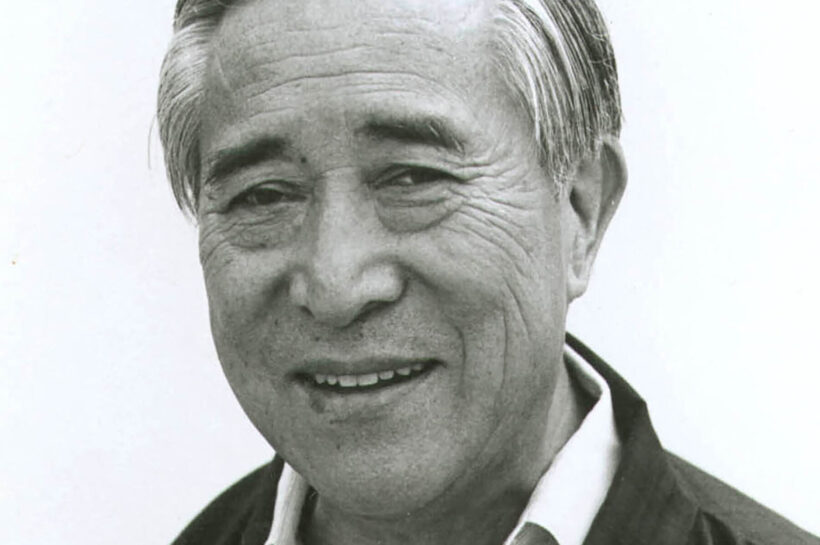Contents [show]
Summary
UnitedHealthcare CEO Brian Thompson was assassinated in a calculated attack in NYC. As the investigation deepens, it sparks questions about corporate accountability, public anger, and the rise of vigilante justice.
Update: Social Media Reactions to UnitedHealthcare CEO’s Assassination Reflect Public Frustrations
12/7 Update on Brian Thompson Shooting Investigation
The investigation into the fatal shooting of UnitedHealthcare CEO Brian Thompson has taken a sharp turn as authorities uncover a string of chilling clues left behind by the gunman. Police now believe the shooter, who concealed his identity throughout his time in New York City, fled the area via an interstate bus shortly after the attack. A backpack, left behind in Central Park and worn during the ambush, is being analyzed for evidence. The ammunition used in the crime bore the words “deny,” “defend,” and “depose,” eerily reflecting criticism of insurer practices. The suspect’s actions, captured on video, reveal a calculated and premeditated attack, but his true identity remains a mystery.
While surveillance footage and DNA testing of discarded items from the gunman’s escape route have provided critical leads, investigators face significant challenges. The killer used a mask, fake ID, and cash payments to obscure his tracks, though unmasked photos from a hostel lobby offer the only glimpse of his face. Experts suggest the attacker may have a vendetta or even professional training, citing his composed handling of a weapon malfunction during the attack. With a $50,000 FBI reward now on the table, authorities hope to close in on the individual responsible for this meticulously planned act that has left corporate America on edge.
The shocking assassination of UnitedHealthcare CEO Brian Thompson has not only captured the attention of law enforcement and the media but also ignited a firestorm on social media. Amid the outrage, many users have expressed thinly veiled glee over Thompson’s death, reflecting deep-seated frustrations with the American health insurance industry.

Memes and Messages: The Internet’s Response
Across platforms like Reddit, Instagram, and Twitter, memes and jokes about the murder abound. One widely shared meme quips, “Even if you catch the killer, how will you find 12 jurors who haven’t been shafted by an insurance company?” The sentiment has resonated with many who feel mistreated by insurers, with posts calling Thompson a symbol of a system that prioritizes profits over people.

Another meme pokes fun at insurance red tape: “Thoughts and prior authorizations!” Users in comment sections echo similar frustrations, pointing to denied claims, delays, and mounting healthcare costs as their primary grievances.
The Message Left Behind
Adding to the intrigue is the chilling note left at the crime scene. The words “deny,” “defend,” and “depose” were inscribed on the ammunition used in the attack, evoking the controversial phrase “delay, deny, defend.” This term, long associated with the insurance industry’s alleged strategies to avoid payouts, has become a rallying cry for critics who accuse companies of putting profits above patient care.
The phrase also gained notoriety through Jay Feinman’s 2010 book, Delay, Deny, Defend, which scrutinizes insurance practices across the board. As one critic explained, the approach boils down to a simple tactic: the longer insurers delay or deny claims, the more money they keep.
Frustrations with the Health Insurance System
Public anger toward UnitedHealthcare and other insurers stems from the complexity and cost of navigating the U.S. healthcare system. Polls consistently show that Americans blame insurance companies for high medical costs. A February survey by KFF found that two-thirds of respondents held insurers accountable for skyrocketing expenses.
Moreover, even insured individuals frequently face challenges. A 2023 KFF survey revealed that while most rated their health insurance positively, a majority experienced issues like claim denials, provider network problems, or pre-authorization hurdles. Nearly half of those affected were unable to resolve these problems satisfactorily.
Prior Authorization: A Lightning Rod for Criticism
One of the most contentious insurance practices is prior authorization, which requires patients and doctors to obtain insurer approval before receiving care. Critics argue that these delays can jeopardize health outcomes, particularly in cases of urgent medical need.
UnitedHealthcare has faced mounting scrutiny for its use of prior authorization. An October 2024 Senate report detailed a sharp rise in claim denials for Medicare Advantage patients, implicating UnitedHealthcare alongside competitors Humana and CVS.
A Turning Point for Insurers?
Thompson’s assassination, while shocking, highlights the boiling frustrations that many Americans harbor toward the health insurance industry. The social media reaction—ranging from memes to scathing commentary—underscores the disconnect between insurers and the public they serve.
As memes and debates continue to flood the internet, one question looms large: will this event serve as a wake-up call for the industry? Insurers like UnitedHealthcare may need to reevaluate how they interact with their customers, balancing profitability with the trust and care patients demand.
The fallout from Thompson’s death extends far beyond a single crime scene—it’s a flashpoint in the ongoing battle over healthcare equity and access.A Scene Out of an Action Movie
The streets of Manhattan were jolted by a chilling spectacle on Wednesday morning—a brazen assassination that seemed ripped straight from a Hollywood thriller.
Brian Thompson, CEO of UnitedHealthcare, was gunned down in broad daylight outside the New York Hilton Midtown, sending shockwaves through the corporate and medical worlds alike.
The meticulous nature of the hit has captivated the public: the calm and methodical assassin executed Thompson with precision.
After firing multiple shots, he calmly fled the scene on an e-bike, vanishing into Central Park and into the annals of infamy.
The question many are now asking—did he deserve it?

Public Schedule, Private Dangers
UnitedHealthcare, as the nation’s largest health insurer, operates at the intersection of life, death, and finances. Its CEO’s schedule, posted publicly for investor meetings and corporate events, became an Achilles’ heel. Anyone with a grievance and access to the internet could have plotted an attack like this one.
Brian Thompson, 50, had been a leader in the insurance behemoth for nearly two decades. But, leading a company that handles billions in healthcare decisions—and the grievances those decisions provoke—undoubtedly painted a target on his back. In an era of increasing transparency, the accessibility of such schedules raises a critical question: are corporate leaders unknowingly exposing themselves to harm?
Suspects: An Endless Queue?
The challenge for law enforcement is daunting. UnitedHealthcare is no stranger to controversy. With policies often criticized for denied claims and delayed treatments, the company has found itself blamed by families who believe bureaucracy stood between their loved ones and life-saving care. The sheer number of people with a potential vendetta is staggering.
It’s a grim truth: a company that touches so many lives is bound to anger just as many. Hate mail, threats, and lawsuits are par for the course in this line of business. For the NYPD, narrowing down the list of suspects could be like finding a needle in a haystack. Was it a grieving family member? A disgruntled former employee? Or a vigilante emboldened by growing societal frustration with corporate power?
The Celebration of a Death
Perhaps more shocking than the crime itself is the reaction. Online forums like Reddit have erupted with comments from users celebrating Thompson’s demise. He was, in their eyes, emblematic of a broken healthcare system—a villain profiting while others suffered.
This celebration of violence reflects a growing disillusionment with institutions and leaders perceived as untouchable. But it also raises uncomfortable questions about the moral fabric of a society where such an act could garner cheers. Is this the beginning of a dangerous trend, where public figures are viewed less as individuals and more as symbols ripe for attack?
A Wake-Up Call for Corporate America?
The assassination has ignited a larger debate about the role of corporations in the public’s well-being. Should CEOs who oversee companies deemed exploitative or harmful be worried about more than just bad press? Is this a harbinger of a new era of vigilante justice, where perceived corporate greed carries life-threatening consequences?
For years, the public outcry against powerful corporations has been growing louder. From environmental disasters to healthcare denials, the sins of big business are increasingly met with fierce backlash. This incident could serve as a chilling wake-up call for corporate leaders to consider not just profits, but public sentiment.
Vigilante Justice or a Dangerous Precedent?
The murder of Brian Thompson is a grim reminder of the fragile balance between power and accountability. It forces us to grapple with the morality of vigilante justice. Are acts like these an inevitable reaction to unchecked corporate power, or do they set a dangerous precedent?
For now, Thompson’s death remains an unsolved mystery. But its implications will ripple far beyond the boardroom. As the investigation unfolds, one thing is clear: the line between justice and vengeance has never been thinner.










